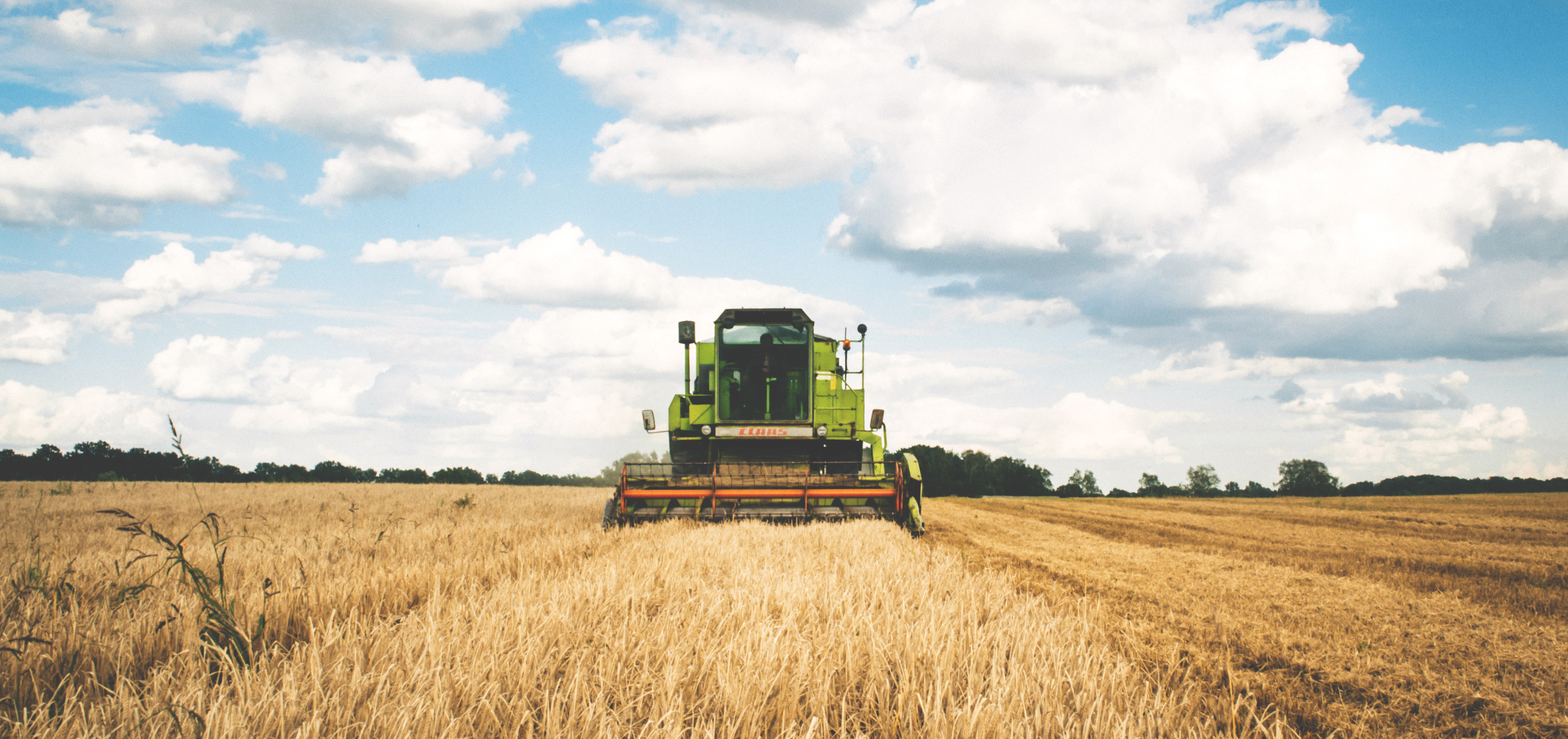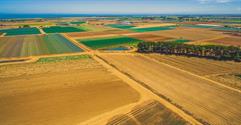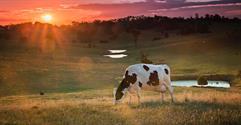Most of Australia’s best farmland is already in use, so buying rather than starting a farm from scratch is surely the way to go.
But first, you must be sure that farm life, which involves early mornings, long hours and physical work, is even right for you.
Budget
Your budget will obviously limit your choice – especially when farms are somewhat more expensive to buy than a coffee shop or general store. Usually including a tract of land, a residential property, farm buildings and expensive machinery, they will typically set you back at least $500,000 and can be as much as $1.5 million.
What type of farm?
Many people will have a fair idea of the kind of farming they want to get into and producing dairy, wheat, cotton or meat all bring their own challenges and benefits.
If a farm has multiple income streams – say it both produces crops and raises livestock – it’s liable to be among the more expensive. On the other hand,
Some farms are licensed, and have facilities, to host tents and caravans. This is an attractive feature because demand and prices in the tourist sector don’t tend to fluctuate wildly like those of agricultural commodities.
If your budget is tight then you might be wise to target niche operations. Raising a rare pig breed organically and nothing else makes you a master of one trade rather than a jack of many.
It also gives you a USP over mega farms against whom you can’t compete on price. Read our guide to running a farm for more tips on excelling in this sector.
Location
If you have a specific state or region in mind, this will limit the kind of farming you can do. For example:
- Cotton needs a lot of water to flourish, so the cotton farming industry is concentrated in the 400-800mm summer rainfall zone in Queensland and New South Wales
- High-rainfall Tasmania and the narrow coastal zone
specialise in dairying and beef production - Vineyards are concentrated in the Barossa Valley in South Australia, Sunraysia in Victoria, Margaret River in Western Australia and the Hunter Valley in New South Wales
However, climate change is upending assumptions about what farmers can produce and where. For example, wine is now being produced in Tasmania because of changing weather patterns.

Due diligence
If you’re new to the sector, then it’s a great idea to bring someone along who knows farming when you’re inspecting properties. You could also take the time to talk to other farmers about what to look for in a farm for sale.
When conducting due diligence, look out for the following:
- Soil type: You can commission your own test
- Size: Is there enough land to make your plans viable?
- Aspect: For instance, north-facing slopes are less vulnerable to frost
- Access: How easily can trucks reach and access the property?
If
Water scarcity
Australia is the driest inhabited continent so checking a farm for sale’s water supply should be a priority – in particular:
- Reliability: You could obtain rainfall records for the past 20 years
- Source: Is it from a bore, dam, river, irrigation or a combination?
- Suitability: Is there enough rainfall, and the source reliable enough, to accommodate your plans?
If the farm has irrigation rights, that’s a major advantage, although be mindful of the costs of powering the pumps.
Licences
You will have to comply with a set of rules and regulations set out by local, state and federal government.
Do your research into what is involved – animal welfare;
You can inherit most
Interested in buying a farm? Take a look at our farms for sale or other businesses nearby .



